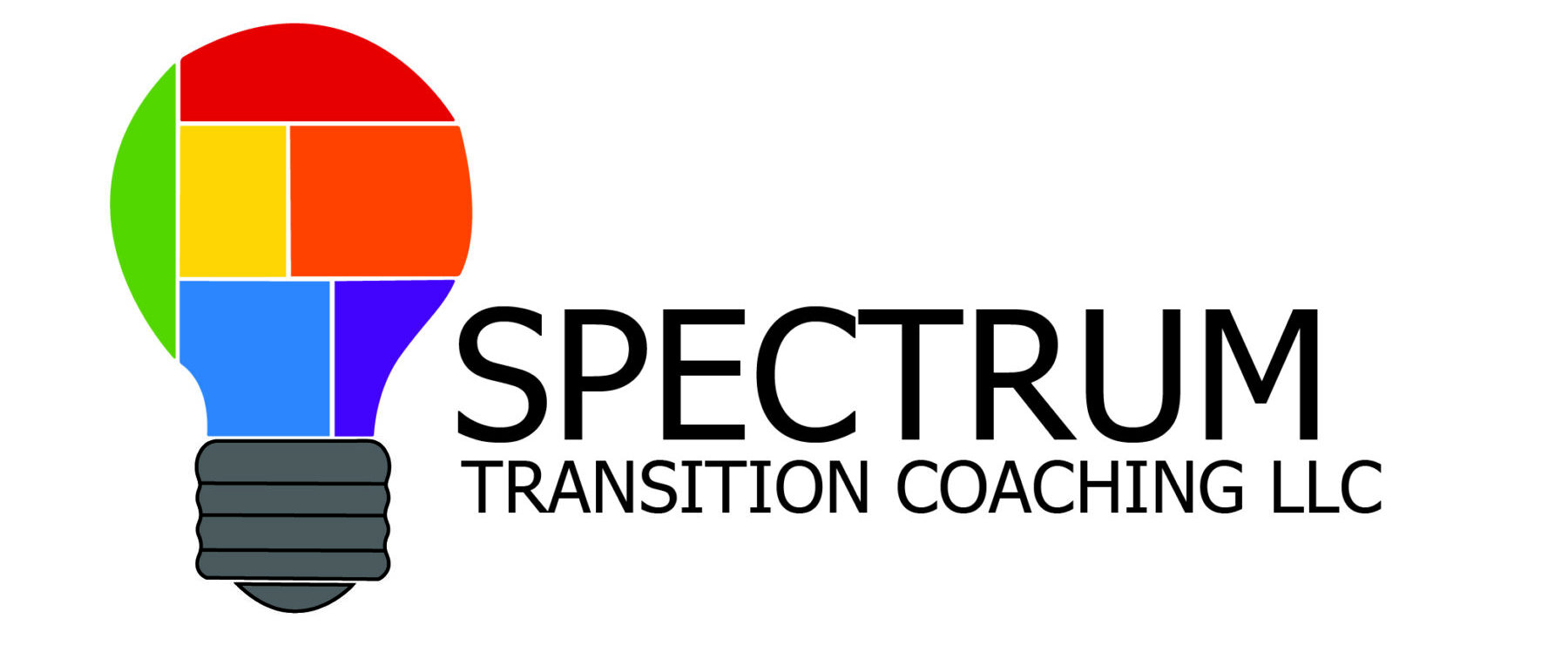Summertime is just around the corner. This season is a huge opportunity for my autistic clients to focus on specific areas that they want to improve. Between family vacations and barbecues and pool days, we can see significant improvement in just a few short months.
Why Summer?
During the academic year, schedules are packed and agendas are full of assignments, events and deadlines. The slower pace of the summer affords autistic students the opportunity to explore their interests and invest time and energy into causes or organizations that align with their personal interests. Whether through volunteer efforts, work experience, peer relationships or life skill exploration, autistic young adults can take measured risks, learn and grow in valuable ways this summer.
Volunteering
Volunteering is vastly underrated in my opinion. What other activity combines a student’s interests, social engagement and time management while building their resume?! Volunteering often feels less stressful to my young adult clients since it is not a paid experience so they can stretch their skills in a lower pressure situation.
Want to learn more about how to leverage volunteering for your autistic teen? Read the following blog.

Volunteering: The Ultimate Jumping Off Point for Autistic Young Adults
Success often hinges on the development of “soft skills”. These are the personal attributes that help an individual interact with others harmoniously and effectively. For autistic young adults, these are often the most difficult skills to develop. Many of my clients...
Understanding the working world
Summer jobs can be a helpful way for young adults to see what life after high school or college looks like. From morning routines to manager meetings to workplace norms, there are so many learning opportunities for students within a workplace. This post shares great tools and resources to find, get and keep a job.
If your student doesn’t have time for a job or has struggled to find one, don’t stress. There’s still great ways for autistic teens to get exposure to the working world:
- Job Shadow: If your young adult is interested in exploring multiple career paths, encourage them to set up job shadowing opportunities. These are typically short-term, from a half-day to a week, where a student can closely follow a person with a role in their field of interest. They get to observe what ‘a day in the life’ really looks like, ask questions and determine if they could see themselves in that role in the future. Students can search LinkedIn and alumni networks or ask family and friends for connections to set up job shadow days.
- Informational Interview: Another great way for autistic young adults to practice their career skills is through informational interviews. Similar to a formal interview setting, students use these conversations to learn about a person’s background, typical day and advice for someone in their shoes. Since they are not interviewing for a future role, students may feel less pressure while still practicing dressing professionally, preparing questions, engaging in conversation and following up. These tangible skills are useful when students complete real interviews. One magical question to ask in every informational interview: “Do you know one or two people who might be willing to talk with me about ______?” This allows initial conversations to lead to more connections within the field and you never know where your next job may come from!

Help Wanted: Tools and Resources to Help You Find, Get, and Keep a Job
‘Tis the season! No, not the one with reindeer and jolly men with white beards. It is job hunting season! Whether you are a high school or college student looking for a summer job, a recent grad looking to launch a career, or the parent of a job-seeking young adult,...
Building Social Skills
The research continues to show that social connection is a key component of happiness. Some of my autistic clients have a harder time growing genuine friendships and summer is a great time to focus on those meaningful connections. My colleague Mara McLoughlin runs peer groups at IRL Social Skills and has several cohorts starting this summer. I highly recommend her evidence-based courses to help your young adult find and grow meaningful social skills.
Exploring Life Skills
As my clients look beyond high school and college, they quickly realize that adult life requires more than just work or study skills. Leading an independent, adult life requires numerous skills to manage your health, finances, home and relationships. Here’s the top 3 skills I recommend for my autistic young adults:
- Cooking: Healthy, nutritious meals are so important for our physical and mental health. Learning how to shop for and prepare simple meals is a foundational skill for adulthood. Students don’t need to master complicated recipes, but knowing how to prepare breakfast, lunch and dinner with whole foods packed with fiber and protein is a smart investment of time this summer.
- Driving: To build independence and confidence, get your student driving safely and independently. Review this guest post for an individual perspective on the doors that driving can open for your autistic student.
- Managing Appointments: As students mature, help them arrange and manage their medical appointments. This can mean calling the office to set or change appointments, filling out paperwork, submitting claims to insurance and picking up medication at the pharmacy.

Autism and Driving: Guest Post by Andrew Arboe
Guest post by Andrew Arboe Today I'm excited to share a guest post by Andrew Arboe, autism advocate and speaker. I've had the opportunity to hear Andrew speak about his experiences with driving as an autistic individual. I often discuss the importance of learning to...
Summer Goals
As we approach the end of the school year, take some time to talk with your young adult about this summer. Together, create a simple plan to build one or two of these areas with focused efforts. Everyone’s summer goals can look different. Here’s a few sample SMART goals to get you started:
Driving
- Practice driving with a parent 3 times each week starting on June 1
- Arrange all behind-the-wheel instructor sessions by July 1
- Set a time to take the driver’s exam by August 30
Informational Interviews
- Draft a template to ask for informational interviews by May 30
- Send 5 outreach emails to contacts by June 15
- Do 1 hour of research before each informational interview
- Send a personal thank you note after each conversation

